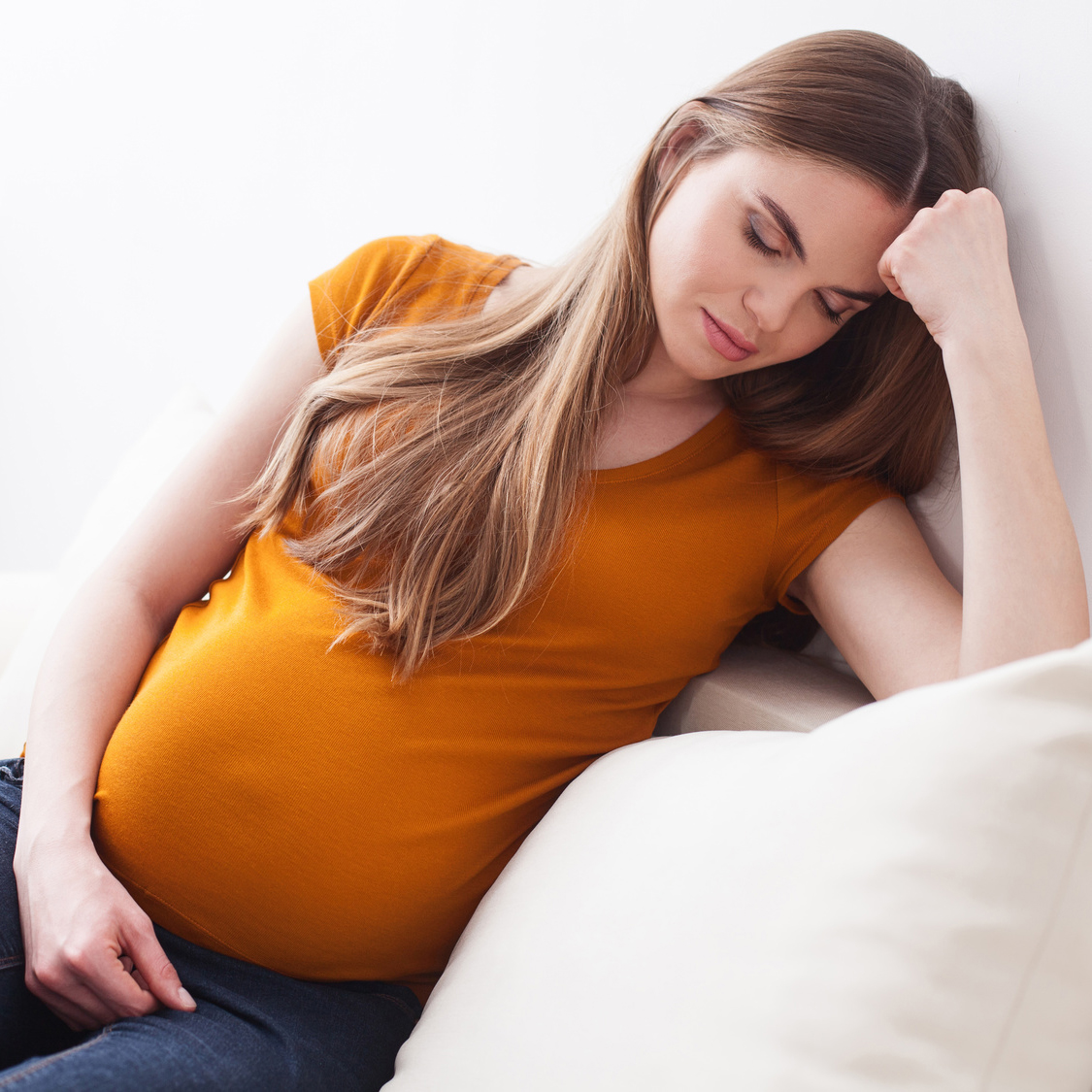Over the last decade we have seen multiple studies which have demonstrated an association between the use of antidepressants during pregnancy and increased risk of certain adverse outcomes, including preterm birth and low birth weight. But we have also seen quite a few studies which suggest that untreated maternal depression or anxiety may contribute to worse outcomes.
Attempting to better understand the impact of maternal stress and depression on infant outcomes, researchers analyzed a population-based data set collected by the Utah Department of Health Pregnancy Risk Assessment and Monitoring System (PRAMS) which included 4682 live births born between 2009 and 2011.
They hypothesized that the duration and level of maternal stress and depression would predict increased risk of adverse maternal and newborn outcomes. After controlling for potential confounding factors, including body mass index and smoking, the researchers noted that women with greater duration of depression before and during pregnancy were more likely to have a child admitted to the NICU (adjusted odds ratios [aORs] were 1.66 for women with depression before pregnancy and 2.48 for women with depression before and during pregnancy). Stressful life events and intimate partner violence (IPV) were not associated with an increased risk of admission to the NICU.
The most dramatic finding was that the duration of depression strongly influenced risk for postpartum depression. Compared to women with no history of depression, women with depression before pregnancy had about an eightfold increase in risk for PPD (AOR=7.72). The adjusted odds ratio increased to 18.8 for women with depression during pregnancy and skyrocketed to 59.6 for women who had depression before and during pregnancy. Women with stressful life events were about twice as likely to experience PPD.
Although the authors comment that this is the first study to document an effect of longer duration of depression on risk for PPD, the measurements used to measure “duration” were rather crude. Future studies are required to determine if the actual duration of illness (more precisely measured in months or years) affects risk for postpartum illness. It is possible that the women who reported depression before and during pregnancy are a subset of women with more chronic, untreated depression. This group represented 5.7% of the total population surveyed. It is clear that this population is quite vulnerable, documenting higher rates of NICU admissions and PPD. In fact, 73.1% received a diagnosis of PPD.
While this study does not revolutionize our thinking of risk factors for poor neonatal outcomes and PPD, it does highlight the importance of screening for depression before and during pregnancy in order to identify women that may benefit from interventions which could possibly reduce the risk of adverse outcomes.
Ruta Nonacs, MD PhD
Latendresse G, Wong B, Dyer J, Wilson B, Baksh L, Hogue C. Duration of Maternal Stress and Depression: Predictors of Newborn Admission to Neonatal Intensive Care Unit and Postpartum Depression. Nurs Res. 2015 Sep-Oct;64(5):331-41








Leave A Comment